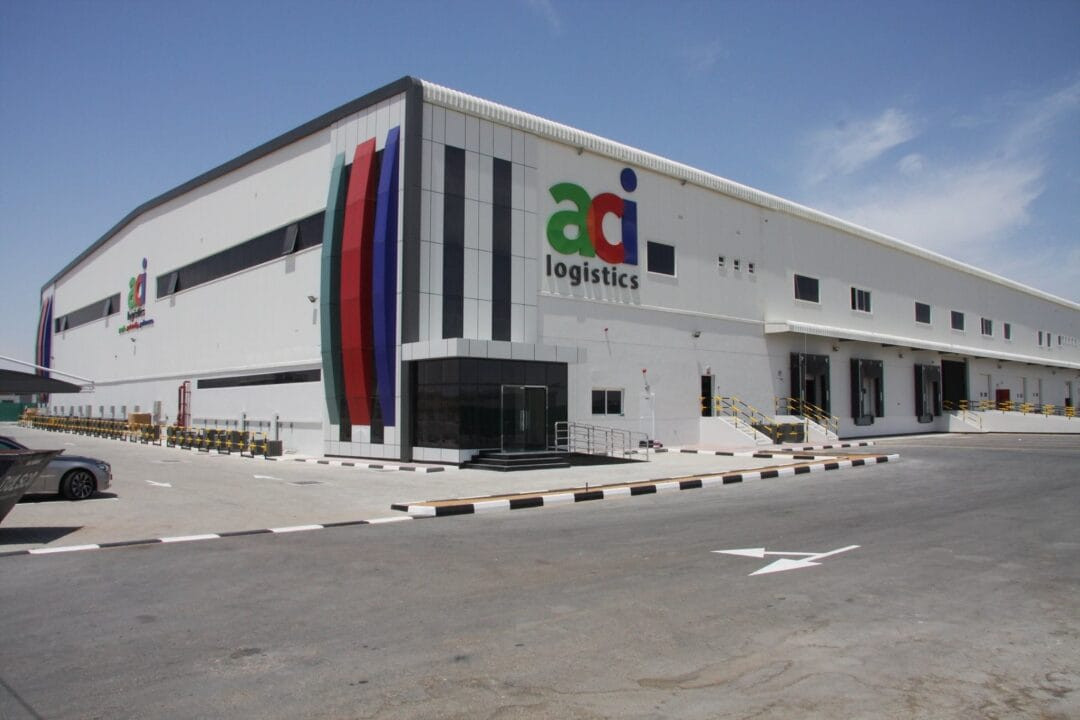
The e-commerce increased the definition of what consumers expect-and what should be provided by the global air villain. From skin care products to smart devices, the demand for rapid cross -border delivery leads to logistical service providers to rethink everything from pricing to capabilities.
“E -commerce has been one of the largest drivers to order on the plane over the past five years,” said Aaron Smith, director of ACI Logistics. “The goods are sensitive to time, high and lightweight now a large share of air.”
Digital shopping habits that belong to the epidemic and the increasing appetite to reach across the border. Sectors such as beauty, health care and consumer technology have seen sharp increases in the sizes of the air. As a result, ACI has formed airline partnerships and expanded service offers – including fulfillment and customs – to keep up with.
“AirFeright is very necessary to meet the” need for speed “in e -commerce. “Delivery on the same day or the next day is no longer a premium service-it is a basic expectation.”
When the platforms become air -bored
It has turned the appearance of e -commerce giants such as Amazon, Alibaba and Shopify logistics services. Not only did they invest in their air freight operations, but also changed the game for traditional blows.
“These platforms turn away from full dependence on third -party logistics providers,” Smith said. “This forces the rest of us to develop – so we focus on custom solutions that reach their ecological systems.”
This includes warehouses, customs clearance, and coordination in the last mile, allowing brands to maintain global access without building infrastructure from the zero point.
It raises e -commerce across the border
There is nothing more clear than the cross -border trade. Consumers want to deliver global products quickly and reliably, and companies are looking to meet friction across time areas.
Smith highlighted how ACI in the Middle East was a great advantage: “We are witnessing an increasing demand from North America, Asia and Europe to the Gulf Cooperation Council countries and beyond. Our strategic geography makes us a major node for international e -commerce.”
Traditional shipping dynamics-such as abdominal charging vs. customized shipping companies-are converted under e-commerce pressure. With the high volume of parcels, airlines increase charging and increases the abdomen area more strategic.
On the pricing interface, Smith pointed out that the mentors are adapting: “You cannot deal with small parcels of e -commerce in the same way that priced large shipments. We have provided dynamic pricing models and a size based on a high -frequency chip, especially small and medium -sized companies.”
ACI also meets the emerging models directly to the consumer (DTC), which requires speed, flexibility and vision in actual time more than loose rates. “DTC has completely reshaped the model,” Smith explained. “Trademarks need international access without loading a warehouse, and the air charge enables it.”
For ACI and others, technology is no longer optional. Artificial intelligence has now been included in improving the road, while automatic customs clearance, tracking parcels in actual time, and predictive analyzes are pushing daily processes.
“The vision is everything,” Smith explained. “We have invested extensively on data platforms that allow our customers to see and control them in every step.”
Peak periods such as black Friday, Cyber Monday, and the end of the year’s holidays bring serious challenges-from price fluctuations to bottlenecks in delivery in the last tilt. Smith says strong planning and partnerships are necessary.
He added: “We are working closely with transportation companies and partners to secure the capacity in advance. Retired people who can move in fluctuations are the brands that depend on it during the moments of the critical retail sale.”
A future built for e -commerce
Smith does not see any slowdown in the role of AirFeright in e -commerce. Smith said: “Online retail will grow online, however, the need for effective and developed logistics,” Smith said.
What will the winners separate the rest? “The ability to provide flexibility, vision and reliability across global roads. This is where we focus-where companies are crowded of all sizes in the digital economy.”